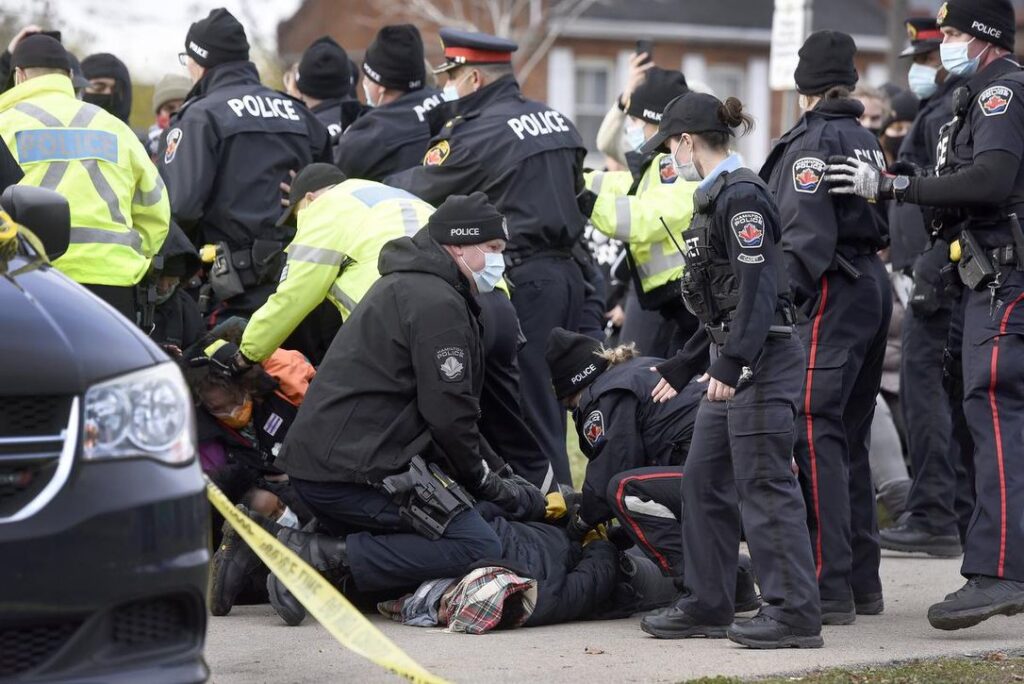Combined Arms Dilemma
Health is complex. There are plenty of different moving parts, all operating separately while still together. This is why healthcare can involve multiple practitioners, and it can be a warning sign if one practitioner thinks they know it all. However, it can also be problematic when multiple practitioners are involved in your healthcare but there is no communication between them.

Think about the chaos of arriving to a scene with no communication between your crew, fireteam, or squad? Consider arriving as a Firefighter or Paramedic to a scene with mass casualties and an active shooter – but no Police support. Now imagine you are that Officer with no ambulance coming downrange. It would be a shit show.
For those of you from the Military, you will likely be familiar with the concept of a combined arms dilemma. It is an integration of different combat arms to secure an objective. For example, in an urban environment, Infantry may require support from Combat Engineers in building clearance or with EOD. Likewise, armour or artillery support might be requested to take on harder or entrenched targets. The enemy force needs to be placed into a dilemma, where whatever move they make leaves then vulnerable to attack from another element.
Scopes of Practice & Consent
The 2004 Personal Health Information Protection Act (PHIPA) sets out rules for the collection, use, and disclosure of personal health information inside a circle of care. Again, individual health concerns are often separate, while also integrated. Although a healthcare practitioner involved in your treatment has their own specific scope of practice (i.e., psychotherapy, neurology, etc.), they may require access to your medical information to work with other practitioners to provide you with adequate and comprehensive care. Clear as mud so far?
Unless you expressly indicate otherwise, implied consent reduces needless delays in treatment. For example, if you request a psychiatric evaluation at our practice, relevant information is shared with the psychiatrist to ensure a proper evaluation is performed and report is written for you and the rest of your healthcare team.
Confidentiality is Key
Of course, if a practitioner does not directly provide healthcare to you, then they are not part of your circle of care and will not view your records or discuss your treatment. Similarly, sharing your health information with people or organizations not part of your healthcare team, such as insurers or a unit, will require your written consent. Remember, a circle of care helps to reduce needless delays in treatment and integrates your healthcare practitioners together while ensuring your privacy remains protected from those outside this circle of care. If you want to learn more about our Circle of Care for First Responders & Veterans let us know in the comments or book a 15-min session.